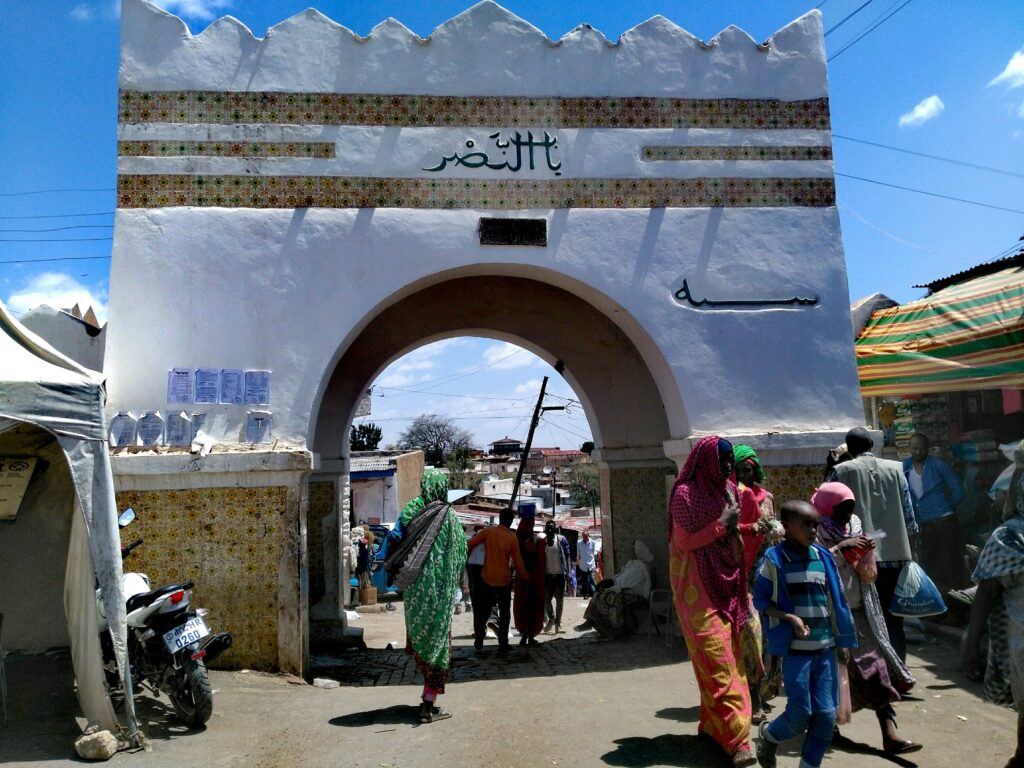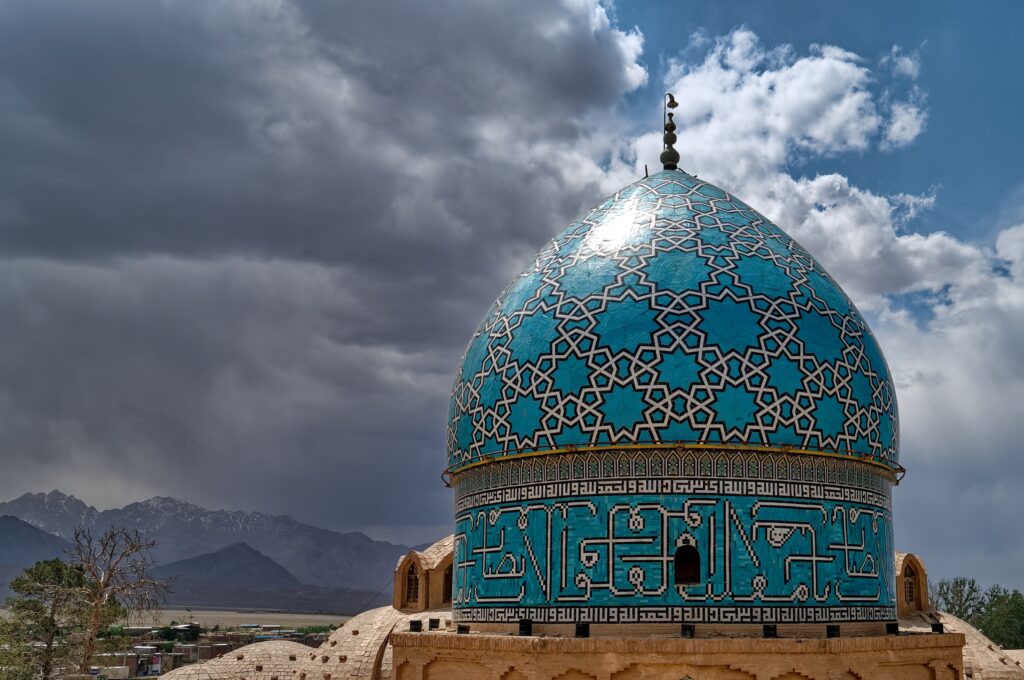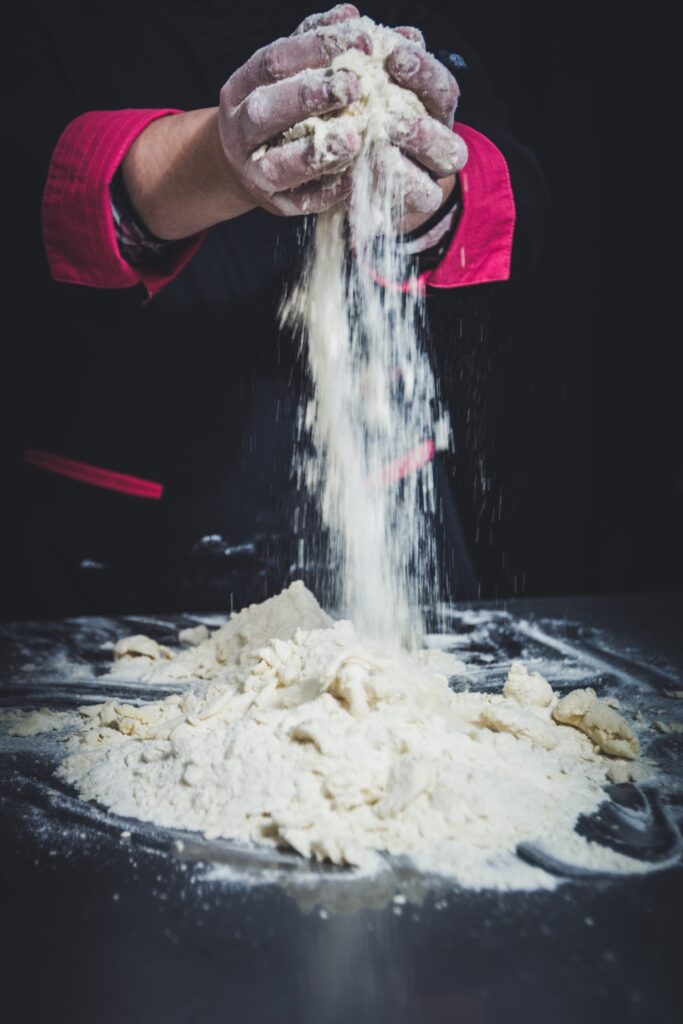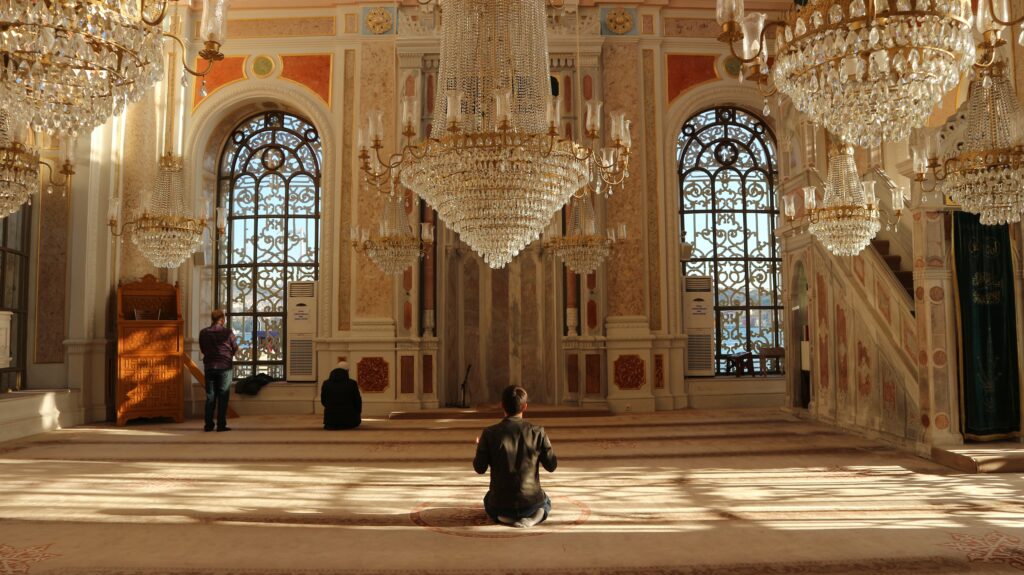While researching for my previous article “Healing with the Medicine of the Prophet”, I came across a book called “The book of Sufi Healing”.
The author, Shaykh Hakim Moinuddin Chishti, starts his back cover by writing:
“To the Sufis, the healing of the sick is considered to be the most important of all services to humanity.”
This was enough to sparkle my curiosity and to want to know more about it.
This article is based on the book.
We will cover the Sufi methods for physical and spiritual healing, based on the 800-year tradition of the Chishti Order.
You’ll learn about diet, herbal formulas, fasting, breathing, prayer, remembrance of Allah and much more.
To not make this article too long, I decided to break it into two parts.
I hope you’ll enjoy this article as much as I enjoyed reading the book.
Some Quick Introductions
What is Sufism?
Sufism, known as tasawwuf in the Arabic-speaking world, is a form of Islamic mysticism that emphasizes introspection and spiritual closeness with God.
Probably the most known Sufi in the West is Rumi through his poems.
Sufism is also very controversial because of the many practices Sufis engage in.
For example, the Whirling Dervishes were not know at the time of the Prophet (PBUH). And that upset some Muslims.
I traveled to Ethiopia in 2018. I ended up my trip to the city of Harar.

With its 110 mosques and 102 shrines, Harar is often referred to as the fourth-holiest city in Islam and known as the City of Saints.
One night I joined a Sufi ritual in a private house. Men and women were chewing khat, reciting, and playing music with an intensity that went crescendo along the night. While it was interesting to witness, it’s not how I imagine my connection to God.
It irritates some Muslims, because dancing, chanting, or reverence for saints were not part of the original practice of Islam at the time of the Prophet Muhammad (PBUH).
The Chishti Order

We find in Wikipedia that The Chishti Order is primarily followed in Afghanistan and the Indian subcontinent, Pakistan, and Bangladesh. It was the first of the four main Sufi orders (Chishti, Qadiri, Suhrawardi, and Naqshbandi) to be established in this region.
Khwaja (meaning a spiritual master) Muinuddin Chishti introduced the Chishti Order in Ajmer Rajasthan, India sometime in the middle of the 12th century.
There are now several branches of the order, including In the United Kingdom, The United States, and Australia.
The guiding principles of the Chishti Order are encapsulated in the famous “Final Sermon” of Khwaja Muinuddin Chishti. Here’s an excerpt:
Bring out all the latent powers of your being and
reveal the full magnificence of your immortal self.
Be surcharged with peace and joy, and scatter
them wherever you are and wherever you go.
Be a blazing fire of Truth; be a beauteous blossom
of love; and be a soothing balm of peace.
With your spiritual light, dispel the darkness of
ignorance; dissolve the clouds of discord and war,
and spread goodwill, peace and harmony among
the people. Never seek any help, charity or favors
from anybody except God.
The Big Questions of a Sufi
What is health?

I like the quote of Tony Robbins when he said:
“Successful people ask better questions, and as a result, they get better answers.”
That’s the way of the Sufis. Before looking for health, they try to find answers to some fundamental questions like:
- What is a human being?
- How did it come into existence?
- How is it sustained in existence?
- What is the purpose of human life?
Without these questions, we can’t possibly know what type of health we’re supposed to look for.
Also, Muslims don’t always see illness as bad.
Allah says in the Quran:
“You may dislike something which is good for you and like something which is bad for you. Allah knows and you do not know.” [Quran 2:216]
Imam Al Ghazali considers illness as “one of the forms of experience by which humans arrive at the knowledge of God.”
This idea of illness as a means to connect with Allah it’s clearly expressed in the famous Hadith Qudsi about the reward of visiting the sick.
On a physical level, some illnesses are mechanisms of the body to cleanse, purify, and balance us. A runny nose or diarrhea are ways to purge our body from harmful products.
What a human being is made of?
The Sufis have a holistic approach to medicine. To live a healthy life, each aspect of the human being needs to be considered.
Nafs: it’s an Arabic word for the body and its appetites. All the demands of the body like food, fame, or fortune are encapsulated in this word. In Islam, we are not supposed to answer every desire of our nafs. The behaviors recommended in the Quran is to control the excessive appetites of the nafs.
Mind: the mental world is not entirely separated from the physical world. Our mind generates feelings and thoughts that affect our bodies. The mind is also the place for meditation and deep thought- called fikr Arabic.
Soul: it’s our immortal self. It exists after our death. The Arabic word for it is ruh. The soul is from the realm of the unseen (ghayb in Arabic).
These three aspects of the human being (physical, mental, and spiritual) are connected through the spirit. In Arabic, it’s called nafas. It’s our daily activity of breath-in and breath-out. Without spirit, no physical or mental activity is possible.
The nafas is manufactured at the level of the heart (qalb in Arabic). In Islam, the heart is not just a pump. You can think with your heart and perceive things your mind is incapable of.
According to the Sufis, the heart is the seat of the soul. It’s the storehouse for divine attributes.
For example, one of the 99 attributes of Allah is Al-Basir (The Perceiver), which means being able to see everything, including the most hidden thoughts. Perception is a potentiality within us at all time and it can be activated. Gaining insights or feeling of majesty in front of a beautiful landscape are all parts of the perception experience.
Why it’s important to know our composition?

Without an understanding of our body and the different aspects of our being, we can’t have a holistic approach to health.
For example, Western medicine’s efforts are to stop the body from doing its work. While in many Eastern traditions, the body is capable of healing itself. We can only assist the body in this endeavor.
Besides, anything from the realm of the unseen is dismissed by the West.
So the best health framework is the one that takes into consideration all our aspects.
The Home of Disease
On the importance of diet
The Messenger of Allah (ﷺ) said:
“A human being fills no worse vessel than his stomach.” [Sahih Ibn Majah]
It is known in Islam that the stomach is the home of disease.
Diseases arise during the digestive process. And the main way to correct the imbalances during this process is diet.
As the author beautifully wrote: “The most important hospital in the world is your own kitchen”
Food preparation in the Sufi tradition

One of the reasons the Sufi shaykhs pay so much attention to the food they serve is linked to the benefits and healing properties of well-prepared meals.
It starts with taking into consideration important factors like seasons, time of the year, climate, or prevalent diseases and viruses.
The intention behind the preparation of a meal is also important. Many people working in restaurants are disgusted by the job they’re doing. The negative mental vibrations affect the food they serve.
I had many jobs in hospitality in different countries, I’ve rarely met happy people in restaurants, especially in the kitchen!
The author said that, when he’s preparing food for others, he doesn’t use a food processor. He could save a lot of time. But he always slices by hand so he can make little prayers on the food to be healing for the person he eats it.
A Sufi pays special attention to the selection of food. What is treated with chemicals? Where is it coming from? Ideally, most foods should come from a local origin. Why? Because they carry the cure and antidote to the little viruses of your region.
Finally, the scents matter. The cooking fragrances activate the mental conception of a meal. The body responds by preparing for digestion way before eating.
When we show up just for eating, we miss this initial stage of digestion.
Sufi framework: Eastern or Western medicine?

Eastern and Western medicine have opposite views of digestion.
In the West, we try to break the nutrient into its components- vitamins, amino-acids, caloric values, proteins…
In the East, we consider this effort useless.
Among the thousand enzymes present in each liver cell, the Western pathologists only know how two dozens of them. Their whole theory is based on 3% of the enzymes they know how they work.
All the medicine systems in the world have a similar foundation- Chinese, Ayurvedic, Greek, Persian, Arabic, and Hebraic- except the Western one.
A Sufi adopts the Eastern system. It’s based on two notions:
– The four bodily essences: I briefly mentioned it in the previous article
– Healing and cooling effects of foods.
When we say a food is hot, it doesn’t mean we heated it before. It means it promotes the metabolism of the body. When we consume it our temperature slightly increases which helps in the digestif process.
The key to this system is to have the right combination of foods. We need to make sure that the foods we consume have enough metabolic heat to allow digestion.
Some examples of heating foods are: lamb, chicken, eggs, carrot, onions, red peppers, banana, orange, all dried fruits, basmati rice, sesame oil, cinnamon, ginger, honey…
For the cooling foods: beef, cow’s milk, dried cheese, tomato, lettuce, broccoli, cucumber, fig, pomegranate, brown rice, coriander, refined sugar…


